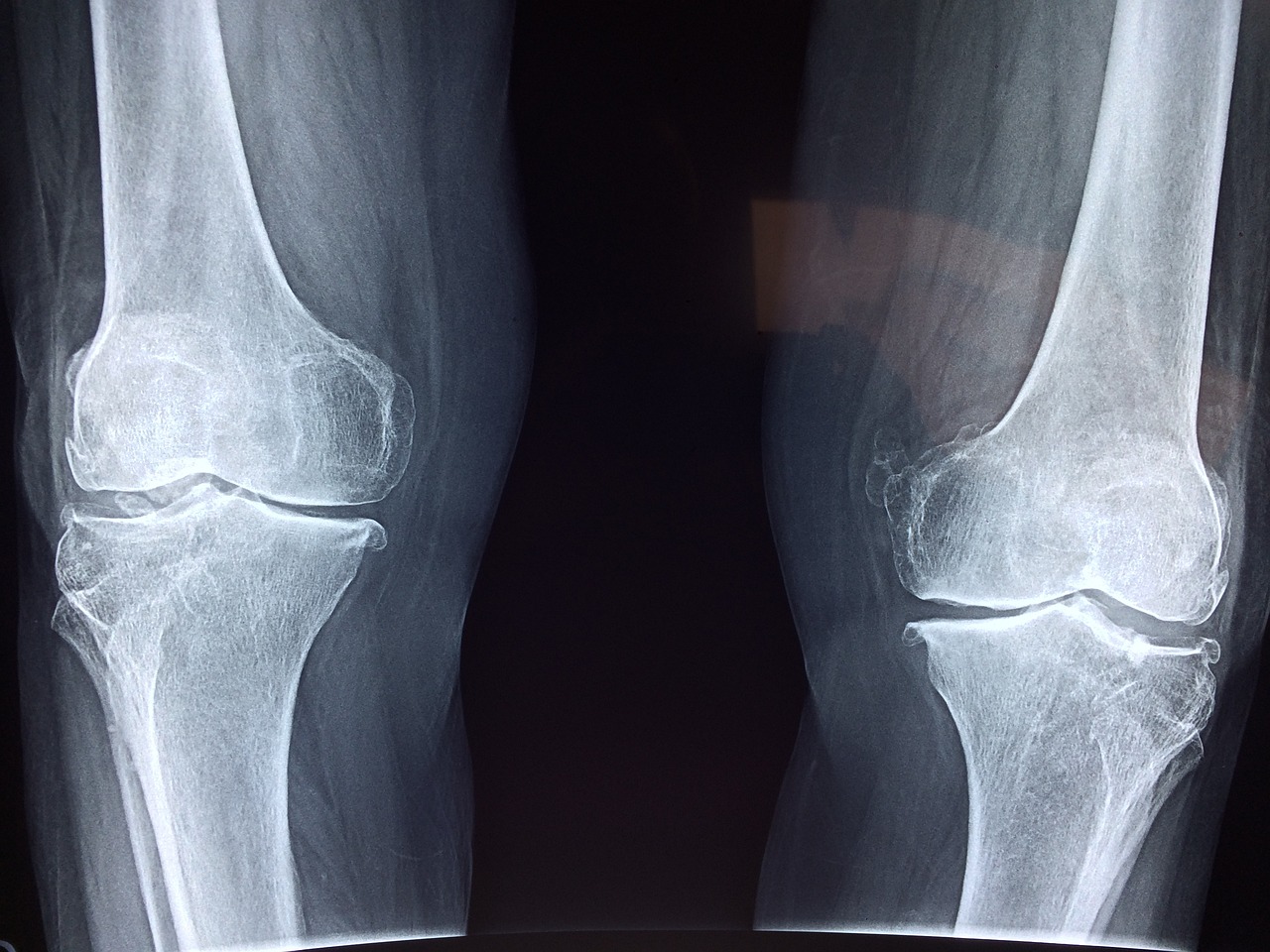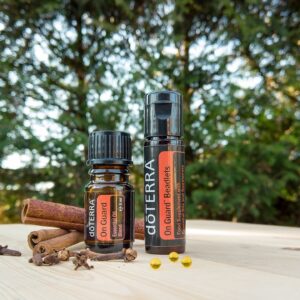Welcome to the ultimate guide to cinnamon and its role in bone health.
As a nutritionist, I am here to provide you with evidence-based information about this aromatic spice and how it can benefit your skeletal system.
Cinnamon is not only known for its delightful taste and aroma but also for its potential impact on bone density.
In this comprehensive article, we will delve into the nutrient profile of cinnamon, explore its effects on bone health, and discuss how you can incorporate it into your diet.
Additionally, we will touch upon other factors that contribute to optimal bone health.
By the end of this guide, you will have a solid understanding of cinnamon’s potential benefits for your bones and be equipped with practical knowledge to make informed choices for a healthier you.
Let’s begin our journey towards stronger bones with the power of cinnamon.
The Nutrient Profile of Cinnamon
Cinnamon’s nutrient profile packs a punch, making it a powerhouse spice for bone health. This aromatic spice isn’t just delicious but also loaded with important vitamins and minerals that can support bone strength.
Cinnamon is a good source of manganese, which is essential for the formation and maintenance of healthy bones. It also contains calcium, another key nutrient for bone health.
In addition, cinnamon is rich in antioxidants that can help reduce inflammation and oxidative stress, both of which can contribute to bone loss.
While cinnamon alone isn’t a magic solution for bone health, incorporating it into a balanced diet can provide additional support for strong and healthy bones.
As with any food, it’s important to consume cinnamon in moderation and as part of a varied diet to reap its benefits.
Cinnamon and Bone Density
Boost your bone density with the warm and fragrant spice that’s been linked to improved skeletal strength. Cinnamon, a popular spice known for its sweet and spicy taste, may also have a positive impact on bone health. While more research is needed to fully understand the relationship between cinnamon and bone density, some studies suggest that this flavorful spice may help increase bone mass and reduce the risk of osteoporosis.
Cinnamon contains several nutrients that are important for bone health, including manganese and calcium. Additionally, it’s been found to possess anti-inflammatory and antioxidant properties, which may further contribute to its potential benefits for bone health.
Incorporating cinnamon into your diet, whether through sprinkling it on oatmeal or adding it to baked goods, can be a delicious way to support your bone health.
Cinnamon’s Effects on Bone Health
Adding a sprinkle of this warm and fragrant spice to your diet can potentially improve the strength of your bones. Cinnamon isn’t just known for its delicious taste and aroma, but it also offers several benefits for bone health.
This spice contains important nutrients such as manganese, calcium, and vitamin K. These nutrients play a crucial role in maintaining healthy bones. Manganese is essential for the formation of bone-building enzymes, while calcium and vitamin K contribute to bone density and strength.
Additionally, cinnamon possesses anti-inflammatory properties. These properties can help reduce bone loss and improve overall bone health. However, it’s important to note that cinnamon shouldn’t be relied upon as the sole solution for bone health. It should be incorporated as part of a well-balanced diet and a healthy lifestyle, along with regular exercise and other bone-strengthening strategies.
Incorporating Cinnamon into Your Diet
By sprinkling this warm and fragrant spice into your meals, you can bring a burst of flavor and potential benefits to your bone strength. Cinnamon is a versatile spice that can easily be incorporated into your diet. You can add it to oatmeal, smoothies, yogurt, or even sprinkle it on top of roasted vegetables.
Not only does cinnamon enhance the taste of your dishes, but it also contains nutrients that can support your bone health. Cinnamon is a good source of manganese, which plays a role in bone formation and density. Additionally, studies have shown that cinnamon may have anti-inflammatory properties, which can be beneficial for bone health.
However, it’s important to note that cinnamon should be consumed in moderation as excessive amounts may have adverse effects. Consult with a healthcare professional or registered dietitian for personalized advice on incorporating cinnamon into your diet for optimal bone health.
Other Factors for Optimal Bone Health
Another important aspect to consider for strong and healthy bones is the incorporation of regular exercise into your daily routine. Exercise plays a crucial role in maintaining bone density and strength. Weight-bearing exercises, such as walking, running, and weightlifting, help stimulate the bone-forming cells, known as osteoblasts, leading to increased bone mass.

Additionally, exercises that improve balance and posture, such as yoga and Pilates, can reduce the risk of falls and fractures. Along with exercise, it’s important to ensure adequate intake of essential nutrients for bone health, including calcium, vitamin D, and magnesium. These nutrients work together with cinnamon to support bone health.
By incorporating regular exercise and a balanced diet rich in these nutrients, you can optimize your bone health and reduce the risk of osteoporosis and fractures.
Conclusion
In conclusion, incorporating cinnamon into your diet can potentially have positive effects on bone health. Cinnamon is rich in nutrients such as calcium and manganese, which are essential for maintaining strong bones.
Additionally, studies have shown that cinnamon may increase bone density and reduce the risk of osteoporosis. However, it’s important to note that cinnamon alone isn’t a magic solution for bone health, and other factors such as a balanced diet and regular exercise are also crucial.
As always, it’s recommended to consult with a healthcare professional before making any significant changes to your diet or lifestyle.




